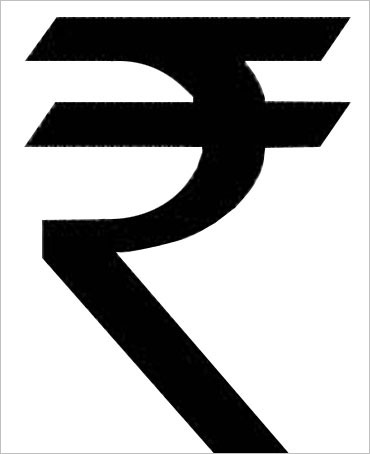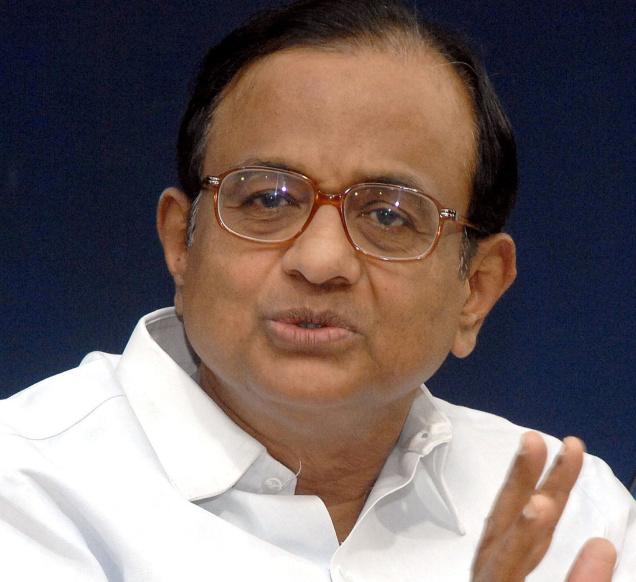Incentives.
In the end everything boils down to it.
In the run up to the annual budget of the union government presented by the finance minister Nirmala Sitharaman, on February 1, many economic commentators suggested that the government should resort to a one-time billionaire tax.
The idea being that the stock market has rallied big time during the course of this financial year. Hence, while the income of the average Indian has fallen thanks to the economy contracting, the super-rich have become richer.
This one-time tax could fund a lot of extra expenditure in the budget in 2021-22, as the government tried to act as the spender of the last resort in an environment where private spending has slowed down and industrial expansion isn’t happening at the same pace as it was.
If you are the kind who practices first level kind of thinking, this makes perfect sense. The rich have grown richer. So, let’s take money from them and give it to those who need it. It also leads to greater equality, at least in your head. This kind of Robinhood thinking has prevailed for centuries. Hence, there is no reason for it to go away in 2021.
Nevertheless, if you are the kind who practices second level thinking and at the same time thinks about the incentives on offer, you would know that something like this doesn’t make sense and is also unlikely to happen.
Let’s try and understand this pointwise.
1) It is important to understand that billionaires don’t have cash lying around to pay this tax. So, one way they would have raised cash to pay this tax would have been to sell some of their shares. Of course, given the sudden increase in supply of shares in the market could have led to the stock prices falling.
2) Actually, more than the billionaires selling their stake to pay up the tax, the stock market would have seen this move of the government in a negative way and sold off, even before billionaires would have started thinking about how to pay the tax. In fact, in the run up to the budget, the stock market did worry about new taxes and there was a sell off last week. This was its way of telling the government, please, no new taxes. It has been rising this week, since it realized that no news on the tax front is good news.
3) Currently, the government needs the stock market on its side, with its plans to raise Rs 1.75 lakh crore through the disinvestment route next year. And that is only possible if the stock prices continue to remain at high levels. Hence, it would have made no sense for the government to disturb the status quo. If the market would have fallen, it would have impacted the ability of the government to raise the amount of money it wants to through disinvestment. This would have, in turn, impacted its ability to spend.
4) These were the near-term reasons. But there are more issues at play here. Most Indian billionaires finance political parties both on record and off record. In their eyes they are already paying a billionaire tax. A lot of this money finds its way into the economy and is spent, during election time. In that sense, billionaire money is pump priming some part of the Indian economy all the time, given that elections to state governments happen every year.
Of course, no billionaire does this as a social service. They are looking for a quid-pro-quo from the government. That needs to be kept in mind as well.
5) It’s important to look at this entire idea from the point of view of the incentive at play for a politician as well. Politicians exist to win elections. For this they need money, a massive amount of it. They can’t win elections by spending money within the limits set by the Election Commission. Where does this money come from? To a large extent from billionaire businessmen who operate in spaces where they need to deal with government all the time. Hence, why would any politician in his or her right mind try to disturb this equation by irritating the main funders through a high one-time income tax. It just doesn’t make any sense.
6) Finally, a high-income tax, one-time or otherwise, is always a bad idea. One it leads to a narrative of inconsistent tax policy, which the Indian government anyway suffers from. Two, it also leads to high income earners, who can leave the country to leave the country, and move to tax havens. The highest income tax rate in the country currently is greater than 40%. Hence, not surprisingly, a whole bunch of high-income earners have moved or want to move to places like Dubai. This obviously means they no longer pay their income tax in India.
Given these reasons a billionaire tax didn’t make any sense. Having said that, there is a case for clear rationalization of tax rates that is needed. You can’t have a small proportion of the salaried paying the highest marginal rate of more than 40% or even 30%, whereas those who can use the benefit of indexation while paying income tax, not paying any tax at all or a very low rate of tax. This needs to be corrected.


